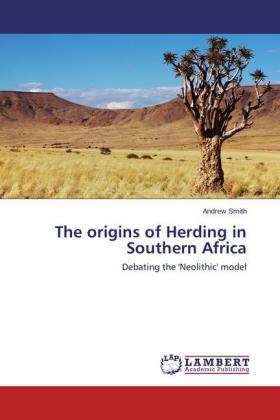Description
Product details
| Authors | Andrew Smith |
| Publisher | LAP Lambert Academic Publishing |
| Languages | English, German |
| Product format | Paperback / Softback |
| Released | 01.01.2014 |
| EAN | 9783659583179 |
| ISBN | 978-3-659-58317-9 |
| No. of pages | 68 |
| Dimensions | 150 mm x 220 mm x 3 mm |
| Weight | 107 g |
| Subjects |
Humanities, art, music
> Philosophy
> Antiquity
Non-fiction book > Philosophy, religion > Philosophy: antiquity to present day |
Customer reviews
No reviews have been written for this item yet. Write the first review and be helpful to other users when they decide on a purchase.
Write a review
Thumbs up or thumbs down? Write your own review.

